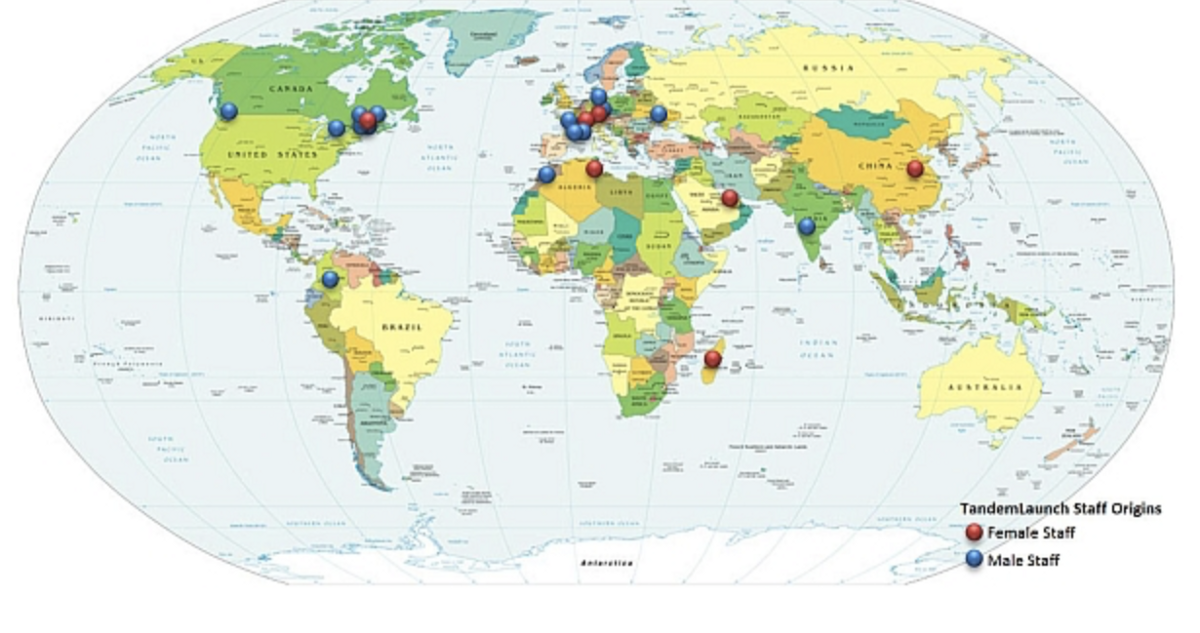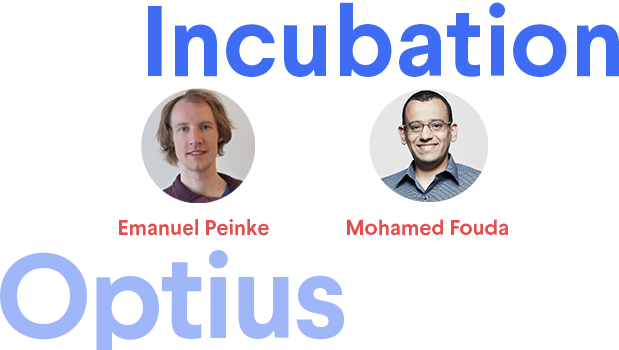Black Lives Matter

TandemLaunch stands in solidarity
Racism is a vile expression of the most primitive human flaws and deserves condemnation wherever it is encountered. No human should suffer the oppressive violence we have witnessed. But condemnation and support alone may not be enough. Our world shares a tragic history of oppression of minority groups that isn’t fading despite decades of activism. We need more.
Like many, I watched the video of George Floyd’s arrest with dismay that turned to anger. Anger at a system that systemically discriminates against an already marginalized community. Anger at a society that has failed in its fundamental duty of ensuring health, opportunity and safety for *all* of its members. This anger is righteous and these days far too frequent. But anger is just the surface emotion when seeing this senseless death. It is fleeting, will burn itself out in protests as it has sadly done so many times before, and the world will return to the same unfortunate state until the next George Floyd or Ahmaud Arbery sparks the fire again.
Breaking that cycle will need more than anger. It will need societal reforms in the areas of justice, power, wealth and many other fundamental inequities. We need reforms and other structural changes so that our society better serves all its members. But most importantly, we need empathy for the plight of the affected. Systemic racism isn’t just enshrined in laws and procedures. In fact, in a country like Canada that is thankfully one of the least structural elements though opportunities for improvement still exist. The real core of systemic racism is its continuous presence in the actions — small and large — of far too many parts of our society, in constant subconscious acts of discrimination. It’s the teacher who assumes that the black kid started the fight. It’s the show with white heroes and black villains. The employer who requests photos in job applications.
We will not overcome those ingrained biases with regulations (though they can’t hurt either). Such changes need empathy. And empathy is hard without reference experience. I have experienced this myself. Like many, I have little personal experience with discrimination by accident of birth and environmental conditions. I am a white man with good education and economic comfort. Married to a black woman, I had plenty of rational arguments for diversity and abhorrence of racism, but personal empathy didn’t come until I encountered true powerlessness for the first time.
The Canadian immigration process is normally streamlined but misfired spectacularly in my case including multiple occasions of being asked to leave or denied entry in Canada. Each episode was more surreal than the last, but they all had in common a deep sense of powerlessness. You can’t call anybody; you can’t appeal and there is immediate time pressure to leave with the threat of permanent denial of entry or criminal prosecution. That leaves you feeling powerless, angry without path to resolution, and ultimately afraid that some unseen power will significantly hurt your life.
This horrible feeling has become a lodestone in my thinking about diversity, discrimination and equity. It is the empathic counterpart to the much easier rational arguments for inclusion. Not because of the severity or frequency of these events — it would be foolish to compare my challenges with the discriminatory violence inflicted on the black community in many instances — but precisely because of their infrequency. For me, these events trigger a profound feeling of powerlessness but then went away once resolved. But for many people of colour, this feeling of frustration and powerlessness persists *every day of their lives*!
For some, these emotions provide the energy to fight for a better world. They push themselves harder, take more risk and — if fortunate — achieve great success. It is no coincident that over half of Silicon Valley startups have immigrant founders. Some, like my wonderful wife, even fight those battles with a deeply held belief that there is enough good will in the world to bring people together rather than divide them. But fighting systemic barriers and remaining positive is asking a lot — more than we would ask of any other group. Instead, for many members of discriminated minorities this continuous sense of powerlessness is oppressive and destructive. Powerlessness is the corrosive poison that constantly eats away at self-confidence, sense of self-value and ultimately at the pursuit of happiness.
Nobody should have to live under such pressure. It is unjust, oppressive and an affront to our humanity. I encourage all readers to find their own lodestone for this abhorrent feeling from their personal experience and then thrive to create an environment where others don’t have to experience it. We are trying to do so at TandemLaunch. From the start, TandemLaunch has always been committed to inclusion with results that speak for themselves. Members of minority groups are part of every one of our companies, founding leaders of most, and an integral part of our core team. So are women and many other groups that are typically underrepresented in the venture capital world. This doesn’t come without deliberate effort and the support of our entire community for which I can express only pride and gratefulness.
But our obligation to support a better world for everybody doesn’t end at our door. Beyond standing in solidarity with our neighbours of colour, we need to speak out when we see such discrimination. We need to acknowledge and self-correct our own biases. We need to highlight the successes of minorities to provide a positive balance to the persistent negative pressures experienced by this community. And we need to mobilize to leverage our skills and resources on their behalf. In our case, this means opening up our Entrepreneurship Program — launching shortly in virtual format — to entrepreneurs focusing on business concepts around social justice, racisms and opportunities for underprivileged communities. While our fund and program are focused on technology ventures, we will offer the opportunity for such entrepreneurs to leverage our coaching environment, our venture building resources, facilities and, where appropriate, access to our investor network.
Together, we will build a better future for everybody.
Helge Seetzen,
General Partner & CEO


